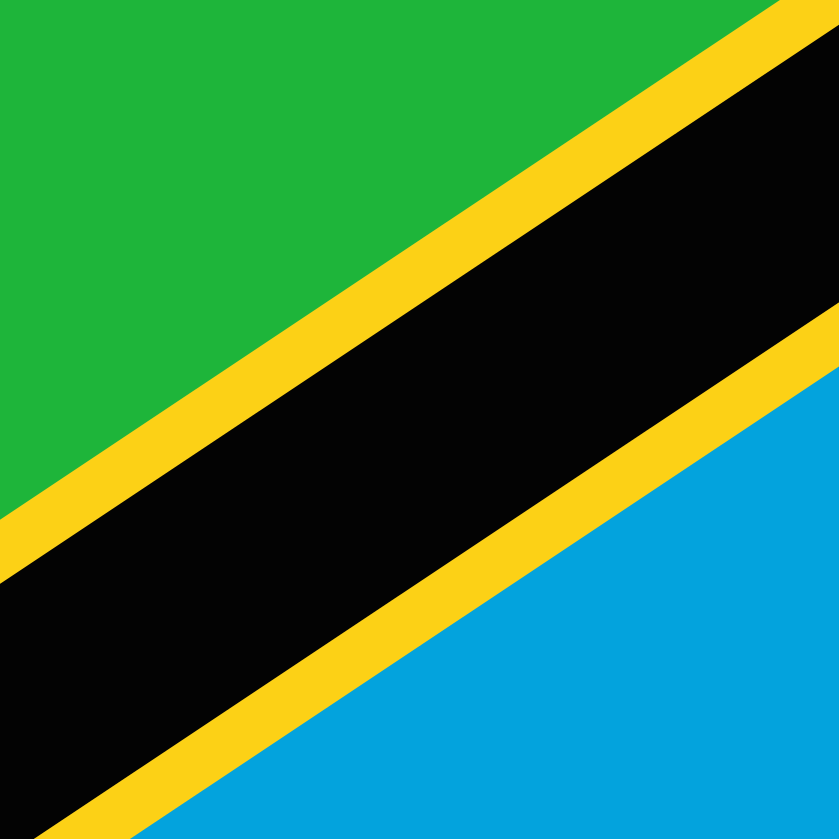Tanzania should use its human rights review at the United Nations (UN) Human Rights Council to renew its commitment to civic space, DefendDefenders said today. Tanzania’s Universal Periodic Review (UPR) presents an opportunity for President Samia Suluhu Hassan’s government to demonstrate to the international community that the country will live up to its obligations towards civil society actors and civic space.
“After years of backsliding, we welcomed the positive signals President Hassan sent when she assumed office,” said Hassan Shire, Executive Director, DefendDefenders. “Tanzania’s UPR is an occasion for the government to make clear that it intends to promote and protect civic space in the country, in line with the country’s history of openness.”
Under the leadership of the late John Magufuli, from 2015 to 2020, and until his sudden passing in March 2021, Tanzania adopted a series of draconian laws and used extra-judicial methods to harass human rights defenders (HRDs) and independent civil society organisations (CSOs) and to restrict freedoms of expression, peaceful assembly, and association. Political opposition members were subjected to physical attacks. Fear and self-censorship rose as media houses saw their licenses suspended or revoked; HRDs were detained, and lawyers disbarred.[1]
These developments resulted in a shrinking civic and democratic space, documented by human rights and UN actors. The situation pushed civil society to call on Tanzania’s partners to raise their concerns, both bilaterally and in UN fora.[2] Ahead of the 28 October 2020 national elections, 65 CSOs highlighted “systematic restrictions on fundamental freedoms” in Tanzania.[3]
The swearing in of President Hassan, in March 2021, offered hope. In early speeches, President Hassan indicated that she intended to uphold freedom of expression and due process. Media outlets that had seen their licenses suspended or revoked were able to resume operations. CSOs, including the Tanzania Human Rights Defenders Coalition (THRDC), whose bank accounts were unfrozen, received positive signals pertaining to the rule of law, human rights, and good governance.[4]
However, questions remain following developments in recent months. Tanzanian authorities ordered the suspension of two newspapers, Uhuru and Raia Mwema, for publishing “false information,” and arrested opposition leader Freeman Mbowe just before he was due to launch a constitutional reform programme. He is facing economic crimes- and financing of terrorism-related charges. Additionally, a cartoonist, Opptertus John Fwema, and journalists were detained on cybercrime and illegal assembly allegations.[5] These developments seem to run counter to the commitments of President Hassan.
Tanzania’s third UPR, which is set to take place on 5 November 2021, is an opportunity for Tanzania to renew its commitment to the freedoms of expression, peaceful assembly, and association of all Tanzanians, including opposition members and independent voices such as HRDs and human rights organisations.
The UPR is a process set up by the Human Rights Council, the UN’s top human rights body. Every four-and-a-half years, every UN member state undergoes a review of its human rights record in a process in which it receives recommendations from other states, which it can accept or reject (“note”). Civil society can participate in the process by submitting “alternative reports” and engaging in advocacy at the national and UN levels.
Ahead of Tanzania’s review, DefendDefenders and CIVICUS submitted a report[6] analysing the state of civic space in the country, and formulated recommendations to improve the situation.
For more information, please contact:
Estella Kabachwezi
Advocacy, Research and Communications Manager, DefendDefenders; [email protected] or +256 782 360 460 (English)
Nicolas Agostini
Representative to the United Nations for DefendDefenders; [email protected] or +41 79 813 49 91 (English and French)
[1] DefendDefenders, “Spreading Fear, Asserting Control: Tanzania’s assault on civic space,” 26 June 2018, https://defenddefenders.org/spreading-fear-asserting-control-tanzanias-assault-on-civic-space/. See also DefendDefenders et al., “Tanzania: Systematic restrictions on fundamental freedoms in the run-up to national elections,” 22 October 2020, https://defenddefenders.org/tanzania-systematic-restrictions-on-fundamental-freedoms-in-the-run-up-to-national-elections/ (both accessed on 1st November 2021).
[2] See DefendDefenders et al., “Tanzania: 38 NGOs call on states to express concern over the human rights situation,” 13 May 2019, https://defenddefenders.org/tanzania-38-ngos-call-on-states-to-express-concern-over-the-human-rights-situation/ (accessed on 1st November 2021).
[3] DefendDefenders et al., “Tanzania: Systematic restrictions […],” op. cit.
[4] “A Public Statement to THRDC’s Members, Stakeholders of the Coalition, Donors and the Public at Large about Unfreezing of THRDC Bank Accounts,” 20 April 2021, https://thrdc.or.tz/wp-content/uploads/2021/04/THRDC-PUBLIC-STATEMENT-20-April-2021.pdf (accessed on 1st November 2021).
[5] CPJ, “Tanzania police arrest cartoonist, journalists on cybercrime and illegal assembly allegations,” 7 October 2021, https://cpj.org/2021/10/tanzania-police-arrest-cartoonist-journalists-on-cybercrime-and-illegal-assembly-allegations/ (accessed on 1st November 2021).
[6] “DefendDefenders and CIVICUS release report ahead of Tanzania’s UPR review,” 29 March 2021, https://defenddefenders.org/defenddefenders-and-civicus-release-report-ahead-of-tanzanias-upr-review/ (accessed on 1st November 2021).

